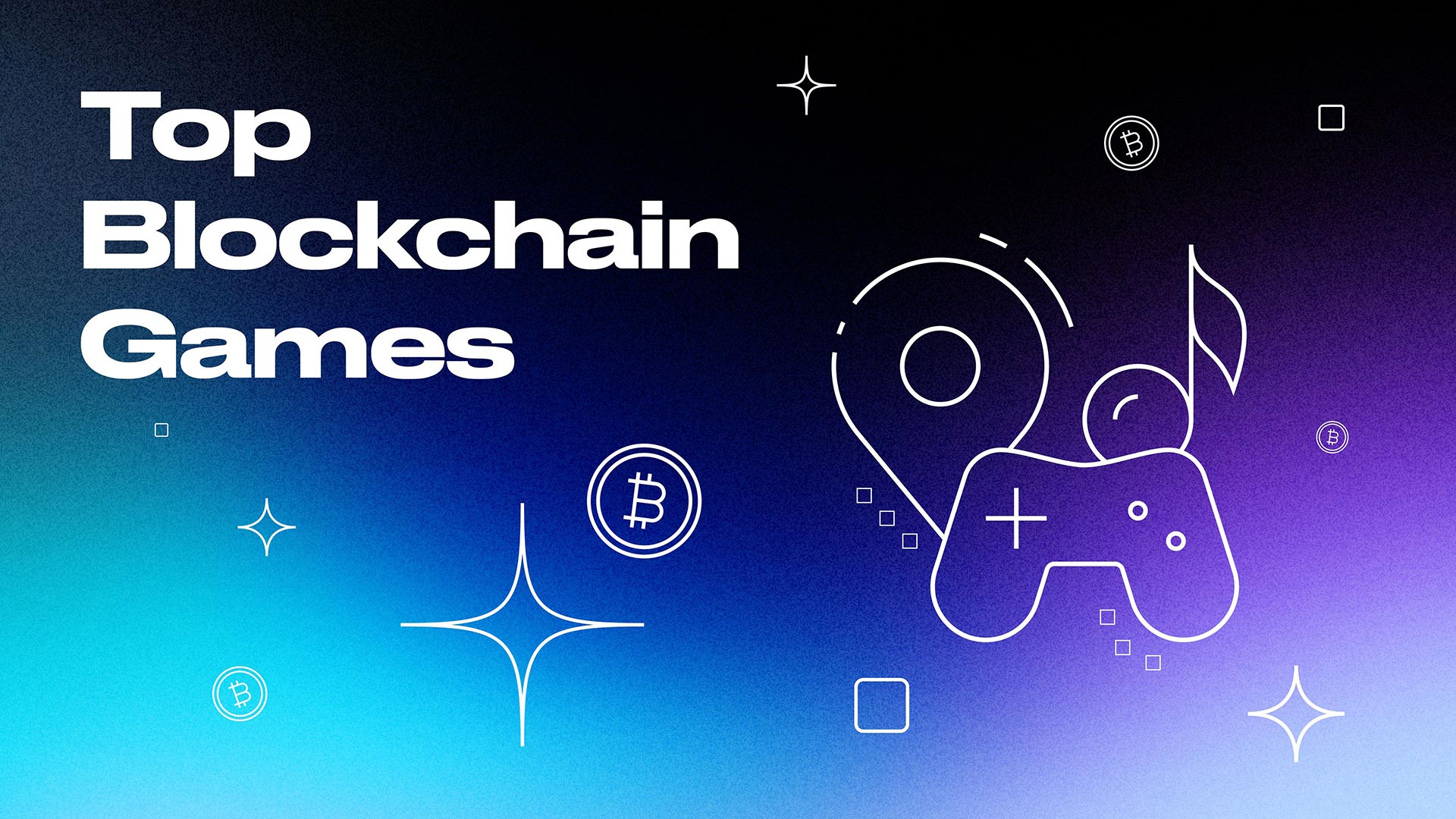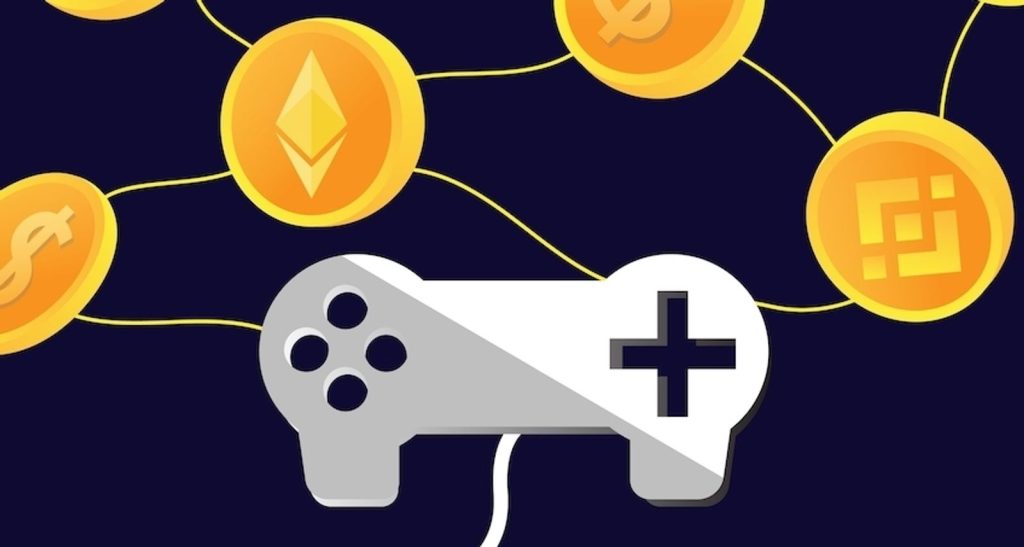
James Carter
Does Blockchain Gaming Make Money? Exploring the Financial Potential

Blockchain gaming has emerged as a fascinating intersection between gaming and blockchain technology, gaining significant popularity in recent years. As more players and developers enter this space, it’s natural to wonder about the financial potential of blockchain gaming. In this article, we will delve into the various aspects of blockchain gaming and explore how it can generate revenue for players and developers alike.
Overview of Blockchain Gaming
Blockchain gaming refers to the integration of blockchain technology into the gaming industry, allowing for unique and innovative experiences. Unlike traditional gaming, blockchain games utilize decentralized ledgers to record in-game transactions, ownership of virtual assets, and enforce game rules. This decentralized nature brings several benefits such as enhanced security, transparency, and player ownership.

Monetization in Blockchain Gaming
In-game Virtual Assets
Virtual assets are a central component of blockchain gaming. These assets can be anything from digital characters and items to virtual land and artwork. What sets them apart is their scarcity, verifiable ownership, and transferability. Players can acquire, trade, and sell virtual assets, and their value often depends on rarity, demand, and utility within the game’s ecosystem.
Tokenization and Cryptocurrency
Blockchain games frequently leverage cryptocurrencies and tokenization to facilitate in-game transactions and value exchange. Players can use cryptocurrencies as a medium of exchange for acquiring virtual assets or engaging in gameplay. Tokenization allows virtual assets to be represented as unique tokens on the blockchain, ensuring provable ownership and enabling seamless trading across platforms.
Play-to-Earn Mechanisms
Play-to-earn is an innovative model in blockchain gaming where players can earn real-world value by participating in the game. This concept flips the traditional gaming model, where players spend money to play, on its head. Through play-to-earn mechanisms, players can generate income by completing in-game tasks, participating in tournaments, or contributing to the game’s ecosystem. This model provides an opportunity for players, particularly in regions with limited job prospects, to earn a sustainable income by engaging in their favorite games.
Potential Challenges and Risks
While blockchain gaming offers exciting revenue-generating opportunities, there are certain challenges and risks that need to be considered.
Market Volatility
The cryptocurrency market also known for its volatility, and blockchain gaming is not immune to its fluctuations. The value of in-game assets and earnings can be tied to cryptocurrency prices, which may rise or fall unpredictably. This volatility poses risks for players and developers who may experience fluctuations in the value of their assets and earnings.
Regulatory Environment
The regulatory landscape surrounding blockchain gaming is also still evolving in many jurisdictions. Legal considerations and compliance with financial regulations, such as anti-money laundering (AML) and know your customer (KYC) requirements, can pose challenges for game developers and platforms. Adhering to these regulations is essential to ensure the legitimacy and longevity of blockchain gaming as a profitable industry.
Technical Limitations
Blockchain technology is not without its technical limitations. Scalability remains a significant challenge, with many blockchain networks struggling to handle large volumes of transactions efficiently. High transaction costs and slow processing times can impede the seamless user experience required for widespread adoption and monetization in blockchain gaming.
Success Stories and Case Studies
Overview of Successful Blockchain Games
Several blockchain games also have demonstrated considerable success in terms of generating revenue and creating value for players. CryptoKitties, one of the earliest blockchain games, gained significant attention by allowing users to breed and trade virtual cats. Axie Infinity, a popular blockchain-based game, has achieved remarkable success with its play-to-earn model, enabling players to earn income by battling and breeding virtual creatures.
Notable Achievements and Milestones
Blockchain gaming has also witnessed notable achievements and milestones in recent years. For example, Axie Infinity hit a major milestone in 2021 by surpassing $1 billion in total sales volume, showcasing the financial potential of blockchain gaming. The game’s native token, AXS, also experienced a significant increase in value, further rewarding early adopters and investors.
Additionally, the success of The Sandbox, a decentralized virtual world where players can create, own, and monetize their virtual assets, highlights the possibilities within blockchain gaming. The Sandbox has seen impressive land sales and partnerships with major brands, demonstrating the demand for virtual assets and the potential for collaboration between traditional and blockchain-based entities.
These success stories indicate that blockchain gaming has the potential to be a lucrative venture, both for players and developers. By embracing the unique features of blockchain technology and implementing innovative monetization models, these games have managed to create thriving ecosystems with real-world financial value.
Future Outlook and Opportunities
Market Growth Potential
The future of blockchain gaming also looks promising, with experts predicting continued growth and expansion. As more players become familiar with cryptocurrencies and blockchain technology, the adoption of blockchain games is expected to increase. Also this surge in demand will drive the development of new games, leading to a more diverse and competitive market.
Moreover, the integration of blockchain gaming with other emerging technologies, such as virtual reality (VR) and non-fungible tokens (NFTs), presents exciting opportunities. By combining these technologies, developers can create immersive and interactive experiences that further enhance the value and monetization potential of blockchain gaming.
Innovations and Emerging Technologies
Technological advancements continue to shape the landscape of blockchain gaming. Layer 2 scaling solutions, such as Ethereum’s Optimistic Rollups and Polygon, aim to address scalability issues by increasing transaction throughput and reducing costs. Also these solutions will enable smoother gameplay experiences and reduce barriers to entry for players.
Furthermore, the rise of cross-platform integration can unlock new revenue streams for blockchain games. By allowing interoperability between different gaming platforms and ecosystems, players can trade and use their virtual assets across multiple games, expanding the opportunities for monetization and value creation.
Investor and Entrepreneur Perspectives
Blockchain gaming has caught the attention of investors and also entrepreneurs seeking lucrative opportunities in the industry. The success stories and potential for growth have attracted significant investments and venture capital funding. Investors recognize the potential for blockchain gaming to disrupt the traditional gaming industry and generate substantial returns on investment.
For entrepreneurs, the blockchain gaming space offers avenues for innovation and also disruption. Building unique gaming experiences, developing play-to-earn models, or creating platforms that facilitate the trading of virtual assets can be highly rewarding. Also the entrepreneurial landscape is ripe with opportunities to capitalize on the growing demand for blockchain gaming.
WATCH VIDEO BELOW
Summary
Blockchain gaming presents an exciting and also evolving landscape that holds substantial financial potential. Through the integration of blockchain technology, virtual assets, tokenization, and play-to-earn models, players and developers have avenues for generating revenue and creating value.
While challenges such as market volatility, regulatory considerations, and technical limitations exist, the success stories and ongoing developments in the industry demonstrate the profitability and viability of blockchain gaming. As the market expands and new technologies emerge, the financial prospects of blockchain gaming are expected to flourish, providing opportunities for both established players and newcomers to the industry.
As the blockchain gaming ecosystem continues to evolve, it is crucial for players, developers, and investors to stay informed, adapt to market trends, and seize the opportunities presented by this exciting convergence of gaming and blockchain technology. By understanding the potential financial avenues and embracing the unique features of blockchain gaming, individuals can position themselves for success in this rapidly growing industry.
Latest
Gaming
19 Apr 2024
Gaming
16 Jan 2024
Gaming
31 Aug 2023
Gaming
24 Jun 2023
Gaming
24 Jun 2023













